Fully Modulated
Fully Modulated is your backstage pass to the stories and signals that shaped radio, TV, and wireless communication. Join Tyler, a broadcast engineer, as he uncovers the wild moments, quirky legends, and technical breakthroughs that keep the world connected. From vintage radio hacks to the real drama behind today’s digital waves, each episode blends deep research, humor, and storytelling for anyone curious about how media magic happens. Independent, insightful, and made for every fan who loves a good broadcast mystery.
Fully Modulated
Midwest Broadcasters Clinic Conference Preview
Tyler previews the upcoming Midwest Regional Broadcasters Clinic in Madison, Wisconsin (September 15-17, 2025), highlighting the sessions he's most excited to attend in his professional capacity.
Topics Covered:
- Audio Processing: Finding That Elusive Signature Sound with Mike Erickson (Orban Labs)
- Workbench Tips to Improve Engineering Efficiency with Kirk Harnack
- Hardening the Transmitter Site for reliability and protection
- The Case For Broadcasting in 2025 and Beyond
- How Washington Changes Affect FCC Station Requirements
- RF Fundamentals and Electrical Safety for broadcasters
- Project Planning for Studio and Transmitter Projects
- Vendor floor highlights and networking opportunities
Learn why conferences like the Midwest Regional Broadcasters Clinic (put on by the Wisconsin and Minnesota Broadcasters Associations) matter for the future of broadcasting technology and engineering.
Send me a text message with your thoughts, questions, or feedback
Visible Wireless by Verizon
Same Verizon coverage, way cheaper bills. No contracts or hidden fees. $20 off for both of us.
If you enjoyed the show, be sure to follow Fully Modulated and leave a rating and review on Apple Podcasts or your favorite podcast app—it really helps more people discover the show.
Fully Modulated is not affiliated with or endorsed by any station, media company, or network. All opinions are solely my own.
Conference Season: Getting Ready for the Midwest Regional Broadcasters Clinic - Transcript
Hey there, and welcome back to Fully Modulated. I'm Tyler, and just a quick reminder - I'm not connected to any radio stations or broadcasting companies. This show is just me sharing cool stuff about radio history and technology because, well, I'm kind of obsessed with it.
So today I wanted to talk about something a little different. Instead of diving into some old radio history, I'm looking ahead to next week because I'm heading to the Midwest Regional Broadcasters Clinic in Madison, Wisconsin. This episode's coming out on September 8th, so if you're in the broadcast engineering world and you're thinking about it, you've still got time to join in on the fun - and hey, if you see me there, say hi!
Now, I'm not going as the podcast guy - I'm actually going in my professional role with the organization I work for. But as someone who's fascinated by broadcast technology, I'm super excited about some of the sessions they've got lined up.
The thing is, this isn't just any conference. The Midwest Regional Broadcasters Clinic is put on by the Wisconsin Broadcasters Association and the Minnesota Broadcasters Association, and it's become this really great opportunity for engineers and technical folks to network, see new gear, and learn from each other. You know what I love about events like this? It's where the rubber meets the road - where the people actually keeping our transmitters running and our signals clean get together to share war stories and solutions.
The Sessions I'm Most Excited About
Okay, so let me tell you about the sessions that caught my eye. First up, there's one called "Processing: Finding that Elusive Signature Sound" with Mike Erickson from Orban Labs.
This one hits home for me because, honestly, I've always struggled with finding that right sound. You know what I mean? You can have all the best equipment in the world, but if you can't dial in that processing chain to make your station sound distinct and appealing, you're missing a huge piece of the puzzle. Mike's got almost 30 years of experience with on-site processing work, and he's not just gonna talk about the technical specs - he's focusing on what to look at when something doesn't sound right, and where to troubleshoot when it's not the processor that's the problem.
The crazy thing about audio processing is that it's both an art and a science. You've got all these technical parameters you can adjust - limiting, compression, EQ curves, stereo enhancement - but at the end of the day, it comes down to how it sounds to human ears. And every market, every format, every audience might need something slightly different.
Then there's Kirk Harnack doing "Workbench Tips to Improve Engineering Efficiency." If you don't know Kirk, he's basically a legend in broadcast engineering. This guy's got over 40 years of hands-on experience, he's got his hands in multiple radio groups, he sits on the Society of Broadcast Engineers board, and he hosts "This Week in Radio Tech" which has been running for 16 years now.
What I'm hoping to get from his session are those little tricks that make your day-to-day engineering work smoother. You know, the kind of stuff you don't learn in textbooks but pick up from years of actually maintaining transmitter sites and studio equipment. Those shortcuts that save you time, those preventive maintenance tips that keep you from getting emergency calls at 2 AM, that kind of thing.
There's also "Hardening the Transmitter Site" with Jeff Welton from Nautel. This is one of those topics that's both fascinating and terrifying when you really think about it. We put these incredibly expensive transmitters in basically uninsulated cinderblock buildings at the base of what are essentially several-hundred-foot lightning rods, at the extreme end of the power company's infrastructure.
Jeff's got almost 35 years of experience visiting hundreds of transmitter sites, and he says he never claims to have seen it all because "that's frequently taken as a challenge." I love that attitude. This session's gonna cover grounding, cooling, physical security, maintaining data integrity - all the stuff that keeps your station on the air when Mother Nature tries her best to knock you off.
The Big Picture Sessions
Now, beyond the nuts and bolts engineering stuff, there are some sessions looking at the bigger picture of where broadcasting is heading. There's one called "Parting the Clouds: The Case For Broadcasting in 2025 and Beyond" that I'm really curious about.
You know, we're in this weird time where everyone's talking about streaming and podcasts and digital everything, but over-the-air broadcasting is still incredibly relevant. I mean, when disasters hit and the internet goes down, when cell towers get overloaded, broadcast radio and TV are often the only reliable ways to get critical information to people. But the industry's also evolving rapidly with things like ATSC 3.0 for television and HD Radio and all these new digital services.
There's also a session on "How Do Changes In Washington Change What the FCC Wants From Station Operators" with David Oxenford from Wilkinson Barker Knauer law firm. This is gonna be interesting because, let's face it, there's been a lot of change in federal regulation lately. They're talking about broadcast ownership rule reforms, the ATSC 3.0 rollout, AM radio in cars - which has been this ongoing battle - and changes in EAS regulation.
The thing about broadcast regulation is that it affects everything from how stations can be owned to what technical standards they have to meet to how emergency information gets distributed. It's not the most exciting topic if you're not in the industry, but these regulatory changes can literally determine whether certain technologies succeed or fail.
The Technical Deep Dives
For the real tech nerds - and I say that with love because I'm definitely one of them - there are sessions on "Fundamentals of RF for Broadcasters" and "Electrical Safety: Studio and Transmitter Site." These might sound basic, but here's the thing: RF theory and electrical safety are two areas where you never stop learning, and where a refresher can literally save your life or prevent equipment damage.
RF - radio frequency - is the fundamental physics behind everything we do in broadcasting, but it's also one of those areas where practical application can be really different from theoretical knowledge. How RF behaves in the real world, with real terrain and real weather and real interference sources, is endlessly complex.
And electrical safety? That's not just about following OSHA rules. When you're working around high-power transmitters and antenna systems, you're dealing with voltages and RF fields that can be lethal. The difference between doing something safely and doing something dangerously might seem small, but the consequences are huge.
There's also "Project Planning for Successful Studio and Transmitter Projects." This is one of those skills that's absolutely critical but often gets overlooked. You can be the best engineer in the world, but if you can't plan a project properly - coordinate with contractors, manage timelines, handle regulatory compliance, stay within budget - your project's gonna be a disaster.
I've seen so many technical projects go sideways because someone didn't think through all the dependencies, or didn't get the right permits, or didn't coordinate with the power company early enough. Good project management isn't glamorous, but it's what separates successful engineers from stressed-out engineers.
The Vendor Floor Experience
Now, one of the things I'm really looking forward to is checking out the vendor floor. There's gonna be gear from companies like Nautel, ERI, Dielectric, Telos Alliance, and a bunch of others.
The thing about broadcast equipment is that you don't always get to see it in person before you have to make purchasing decisions. A lot of this stuff is expensive and specialized, so having the chance to actually put your hands on equipment, talk to the engineers who designed it, and ask real-world questions is invaluable.
I'm particularly interested in seeing what's new in transmitter technology, antenna systems, and studio equipment. The broadcast industry might seem traditional from the outside, but the technology is constantly evolving. More efficient transmitters, better antenna designs, more sophisticated monitoring systems - there's always something new.
And honestly, one of the best parts of events like this is just talking to the vendor reps and other engineers. These are the people who know where the industry is heading, what problems stations are actually dealing with, and what solutions are working in the real world.
The Networking Aspect
Which brings me to what might be the most valuable part of this whole conference: the networking. I know that sounds like corporate speak, but hear me out. Broadcasting can be a pretty specialized field, and depending on where you work, you might be the only engineer at your station or one of just a few technical people at your company.
Events like the Midwest Regional Broadcasters Clinic give you the chance to meet other people who deal with the same challenges you do. Whether it's figuring out how to keep an aging transmitter running, dealing with interference issues, planning a studio move, or trying to understand new FCC regulations - chances are, someone else at this conference has dealt with the exact same problem.
And it's not just about solving current problems. It's about building relationships with people who might become vendors, consultants, or even future colleagues. The broadcast industry is smaller than you might think, and the technical side is even smaller. The person you meet at a conference coffee break might end up being the contractor you call when you need emergency transmitter repair five years from now.
Why This Matters for Broadcasting's Future
You know what's really cool about conferences like this? They represent the fact that broadcasting is very much a living, evolving industry. Yeah, we're talking about technology that's been around for a century, but we're also talking about constant innovation and adaptation.
The sessions on ATSC 3.0, the discussions about streaming integration, the focus on efficiency and automation - this stuff shows that broadcasters aren't just maintaining legacy systems. They're actively working to stay relevant and serve their communities better.
And that's something I think gets lost sometimes when people talk about "traditional media." Broadcasting isn't traditional in the sense of being stuck in the past. It's traditional in the sense of having deep roots and proven reliability, but the technology and the business models and even the content are constantly changing.
The engineers and technical folks who go to conferences like this are the ones making sure that when you flip on your car radio or turn on your local TV news, everything just works. They're the ones figuring out how to integrate new digital services with existing analog systems, how to make transmitters more efficient, how to improve coverage and audio quality.
Looking Forward
So anyway, that's what I'm looking forward to next week at the Midwest Regional Broadcasters Clinic. I'll definitely be taking notes and maybe I'll have some good stories to share in future episodes about what I learned.
The thing is, conferences like this remind me why I love this industry so much. It's this mix of cutting-edge technology and practical problem-solving, of serving local communities and pushing technical boundaries. Whether you're a broadcaster, someone interested in radio technology, or just curious about how the media you consume every day actually gets to you, the work being done by the people at events like this affects your daily life in ways you probably don't even think about.
Alright, that's what I wanted to share today. Next time I'll probably be back to some historical deep dive - I've got some ideas brewing about early FM development and some of the personalities involved in that story. But I thought it was worth taking a moment to look at what's happening in broadcasting right now, and why events like the Midwest Regional Broadcasters Clinic matter for keeping this amazing technology working and evolving.
If you're enjoying Fully Modulated, I'd really appreciate it if you could help the show grow. Follow the show on your podcast app, and if you're on Apple Podcasts or Spotify, leaving a rating and review really helps other people find the show. Share it with friends who might be interested in radio history and technology, and if you want to get in touch, you can email me at tyler@fullymodulated.com.
You can also follow the show on social media - we're @fullymodulated on Facebook and @fullymodulatedpod on Instagram.
This has been Fully Modulated, where we explore the fascinating world of radio - from the airwaves to your ears.
Podcasts we love
Check out these other fine podcasts recommended by us, not an algorithm.
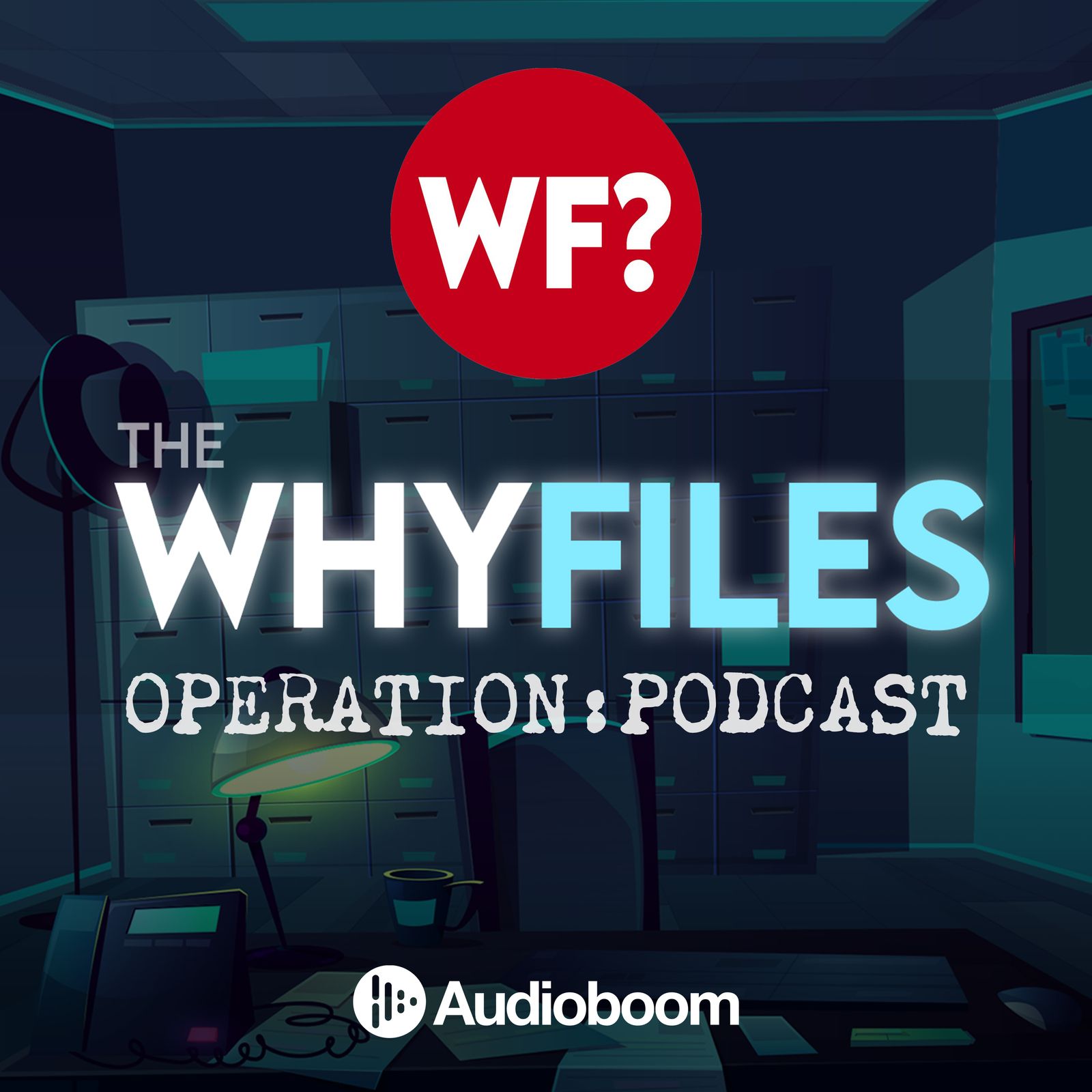
The Why Files: Operation Podcast
The Why Files: Operation Podcast
Sightings
REVERB | QCODE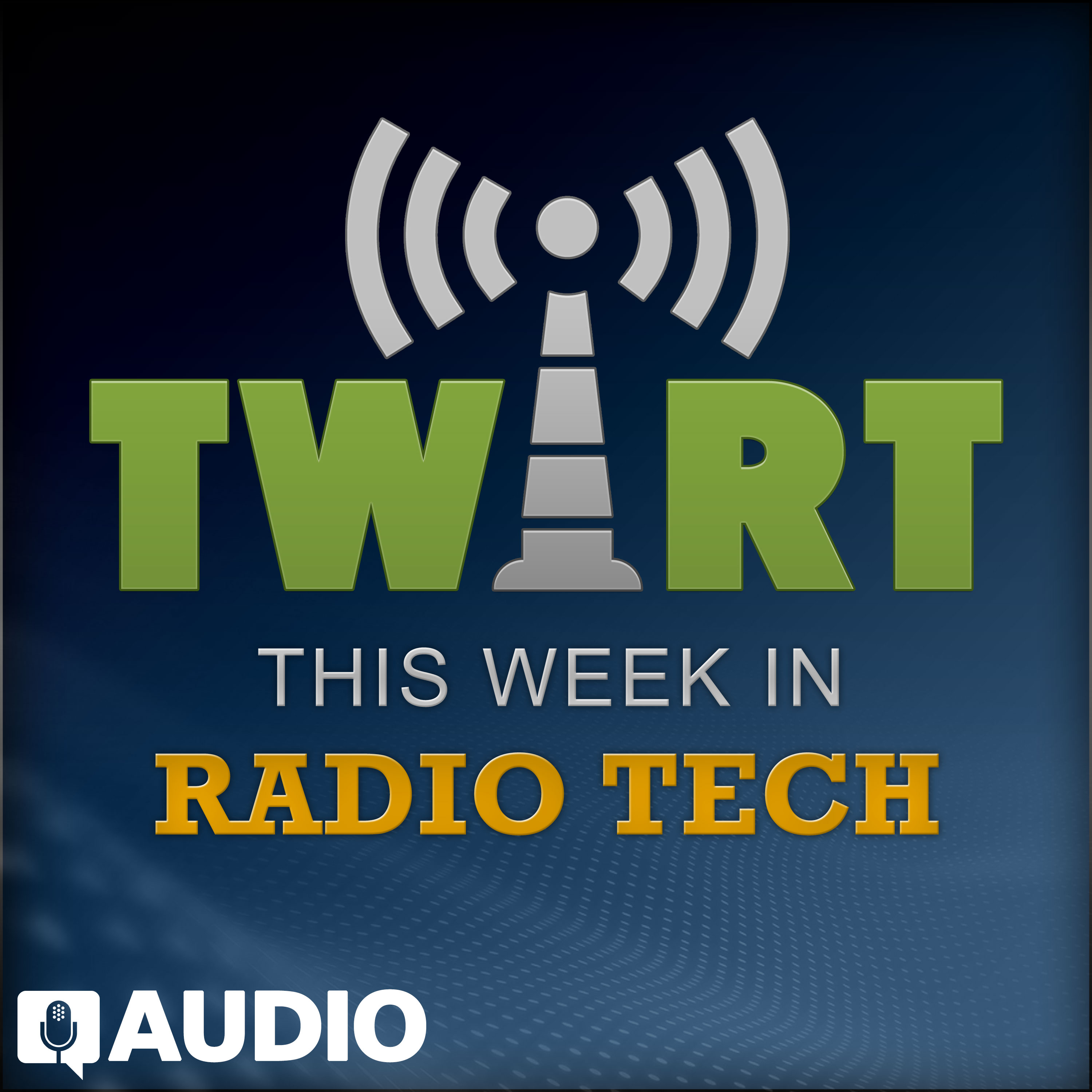
This Week In Radio Tech (TWiRT)
guysfromqueens
The Ezra Klein Show
New York Times Opinion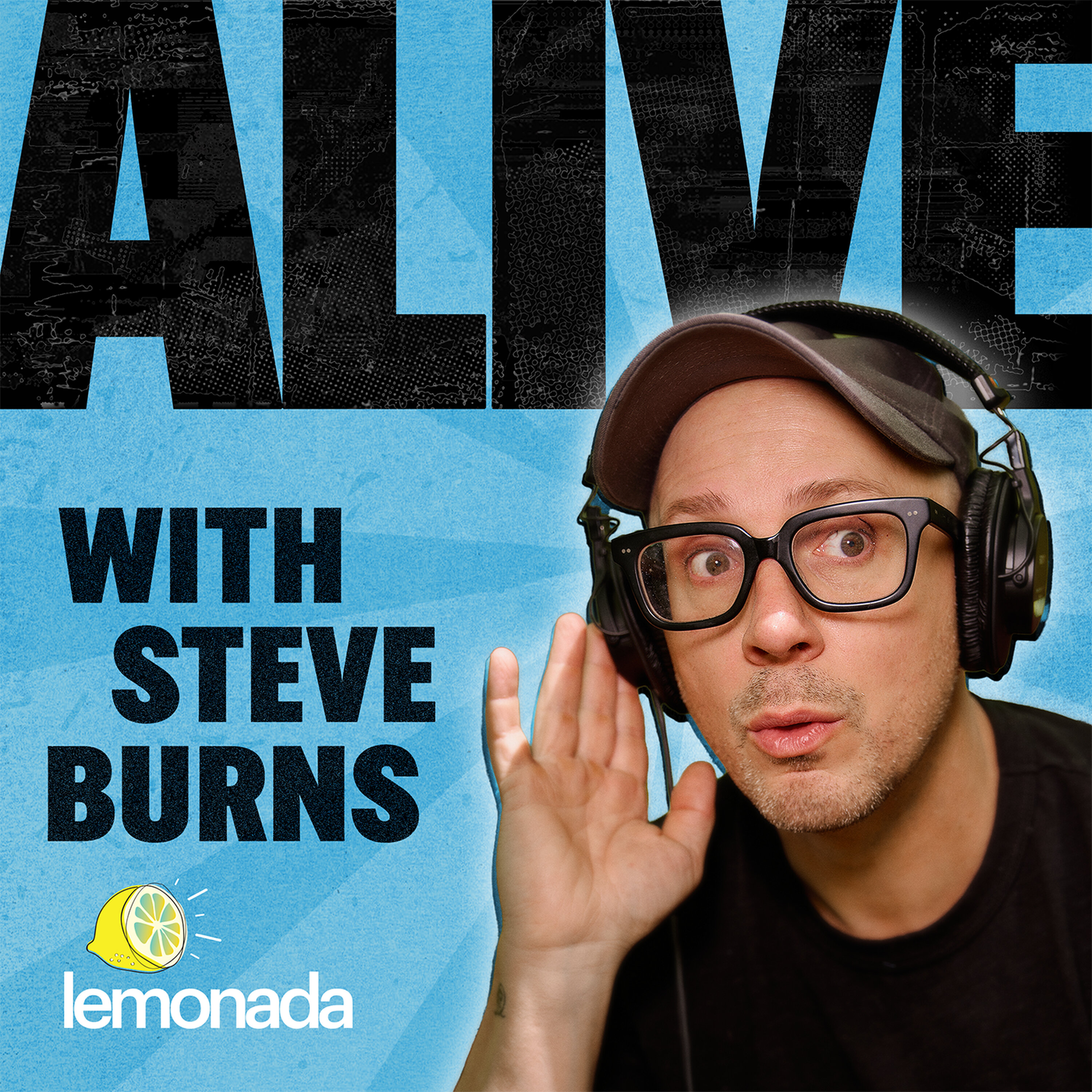
Alive with Steve Burns
Lemonada Media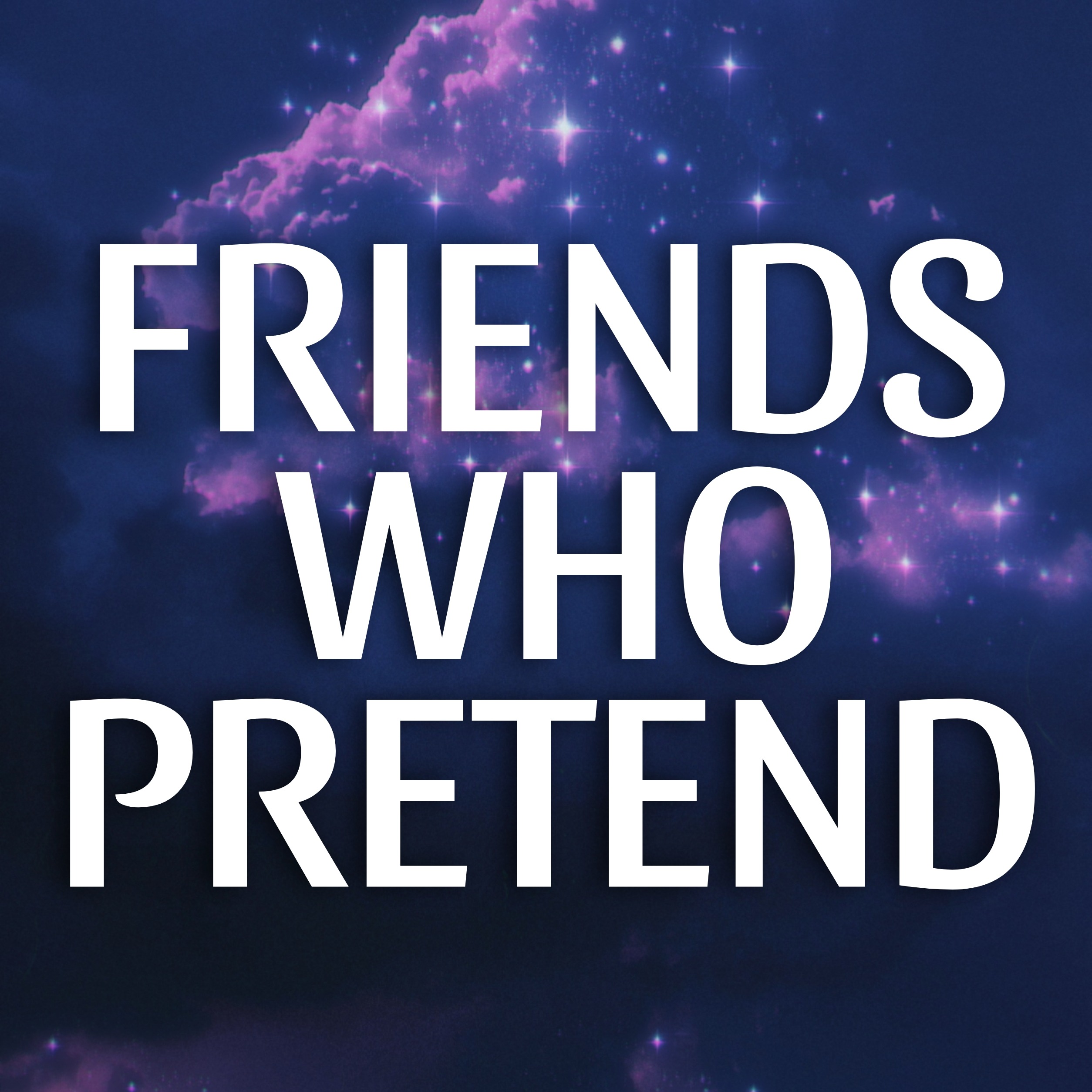
Friends Who Pretend
Chris Bryant
99% Invisible
Roman Mars
Hard Fork
The New York Times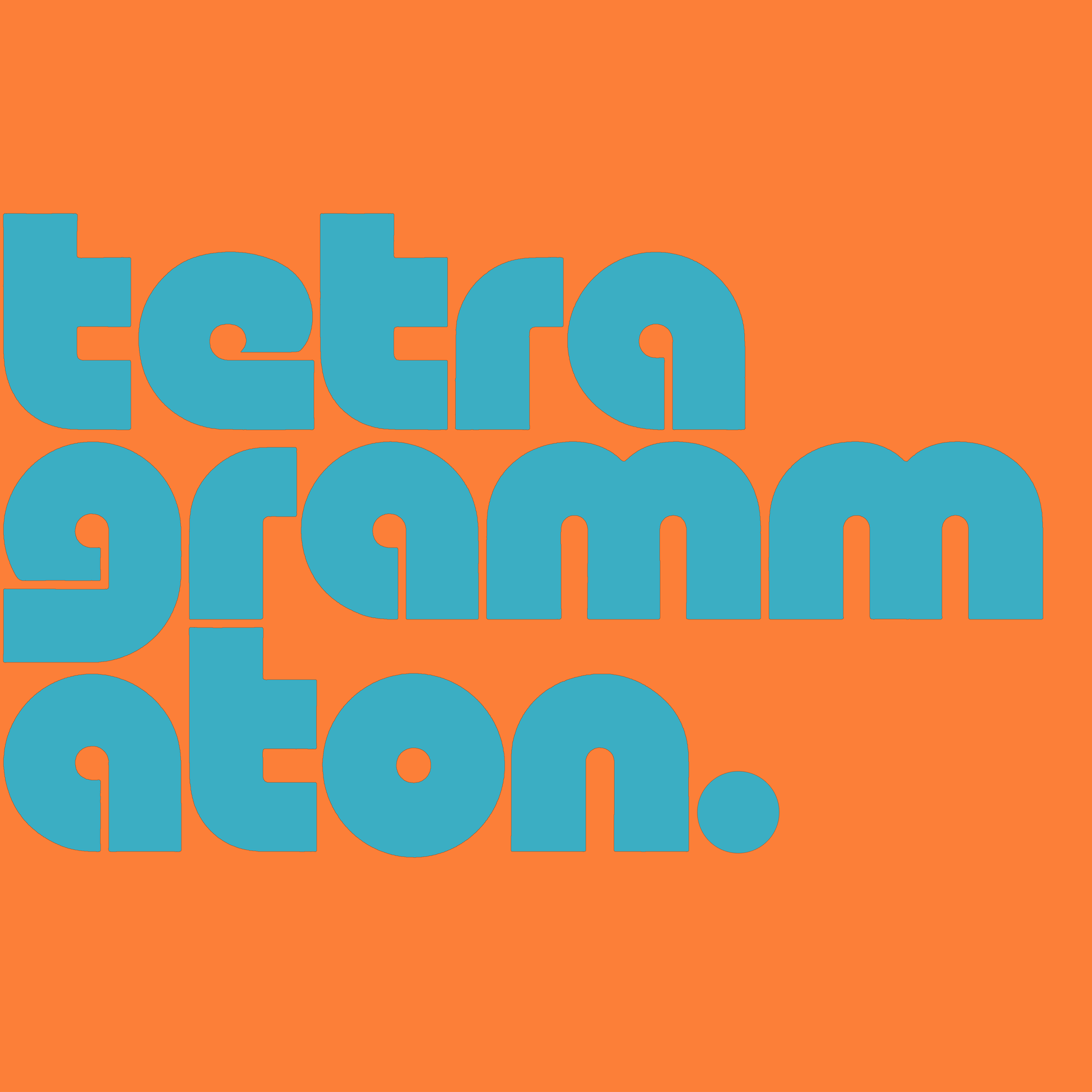
Tetragrammaton with Rick Rubin
Rick Rubin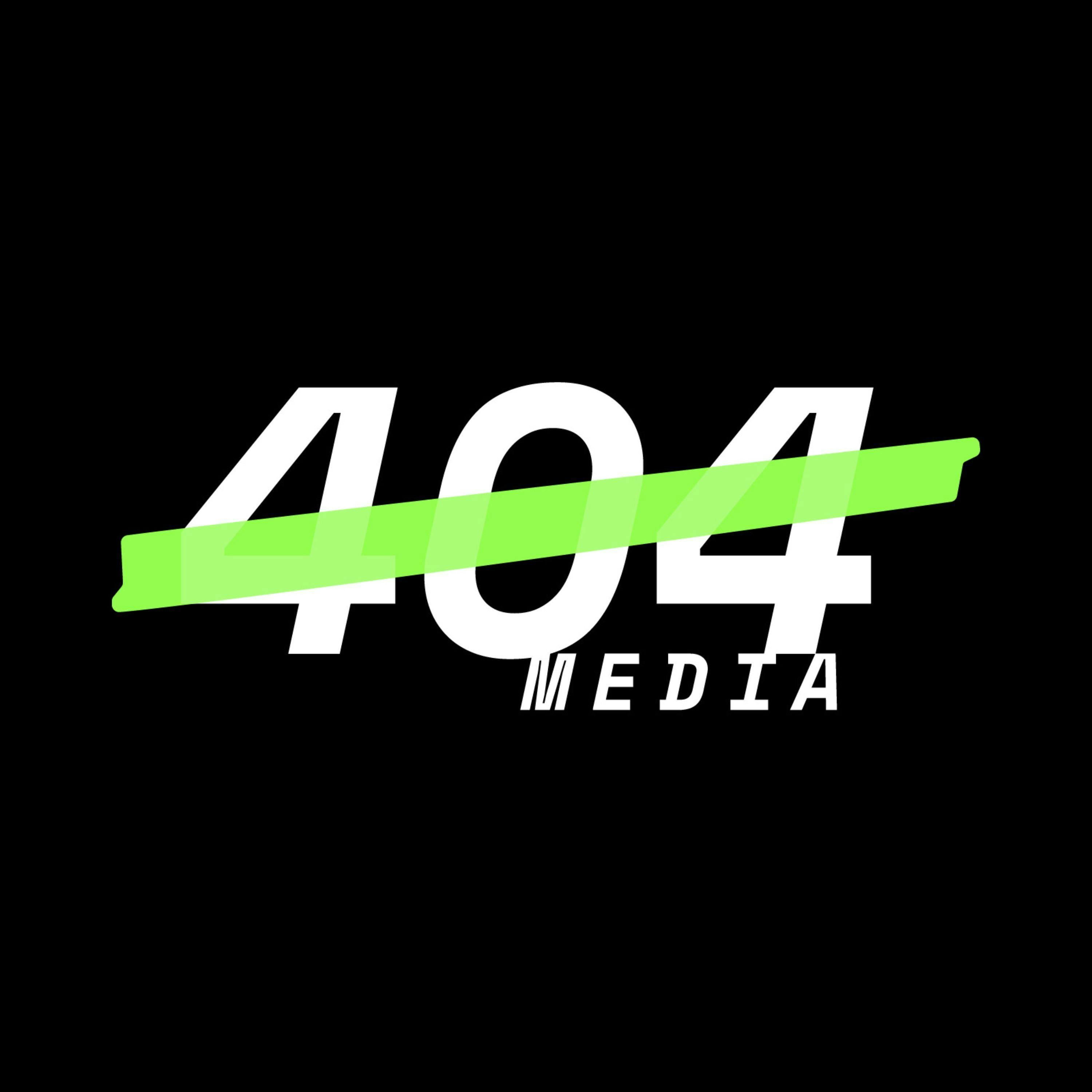
The 404 Media Podcast
404 Media
The Daily
The New York Times
Honestly with Bari Weiss
The Free Press
Search Engine
PJ Vogt
Pod Save America
Crooked Media
Danny Jones Podcast
Danny Jones | QCODE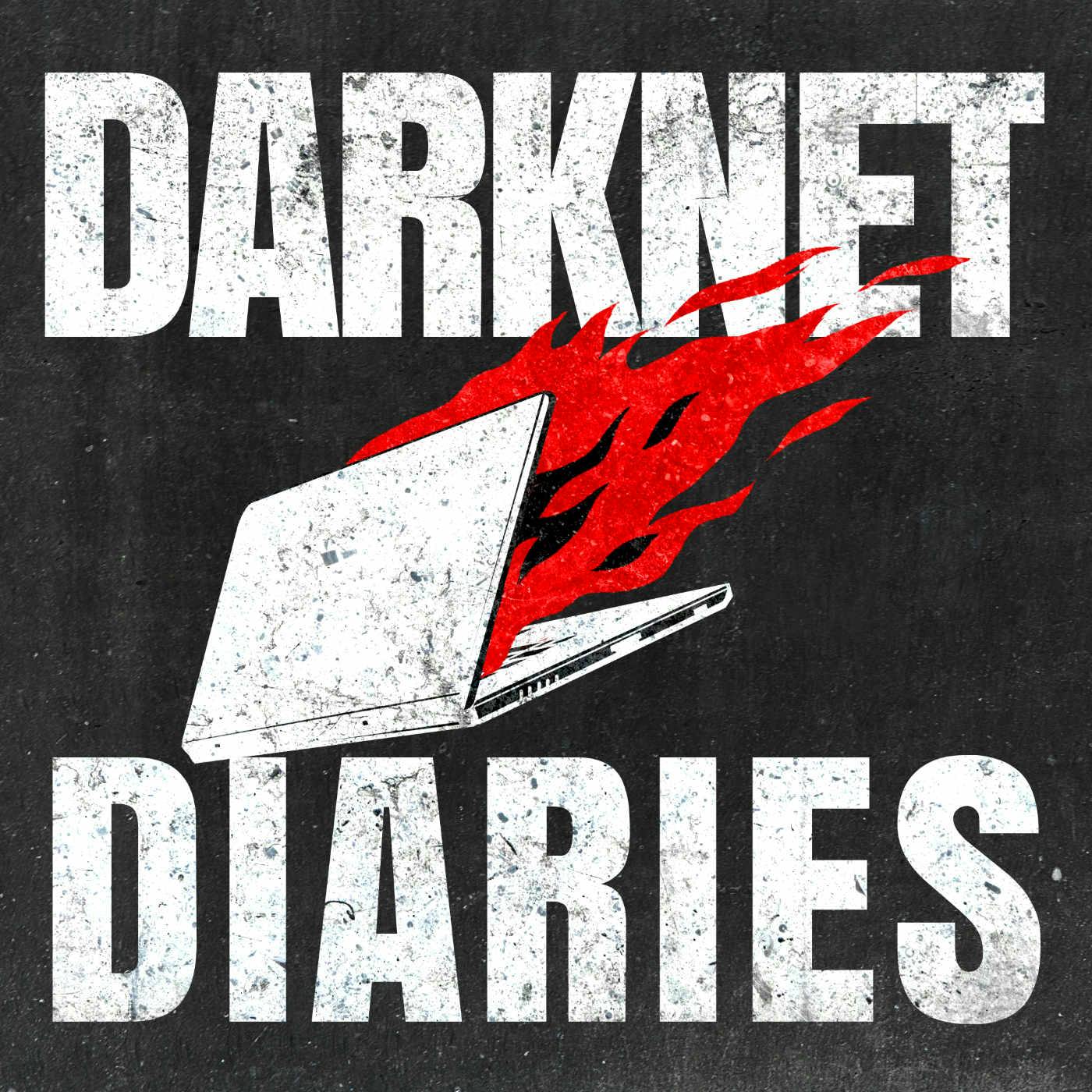
Darknet Diaries
Jack Rhysider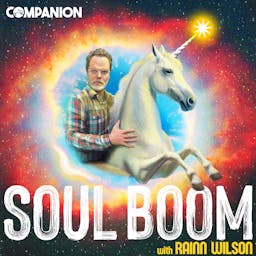
Soul Boom
Rainn Wilson
